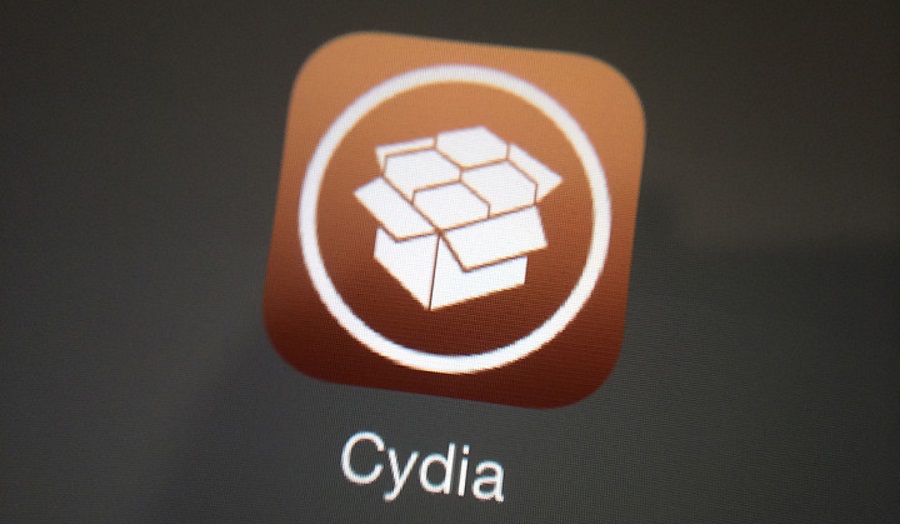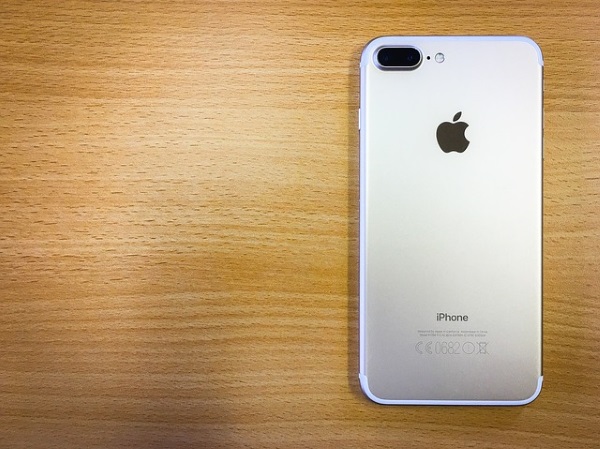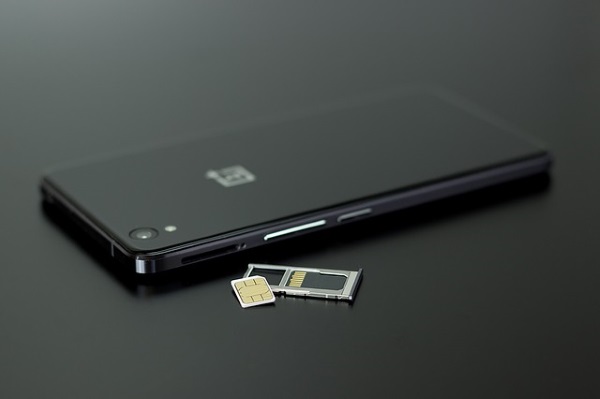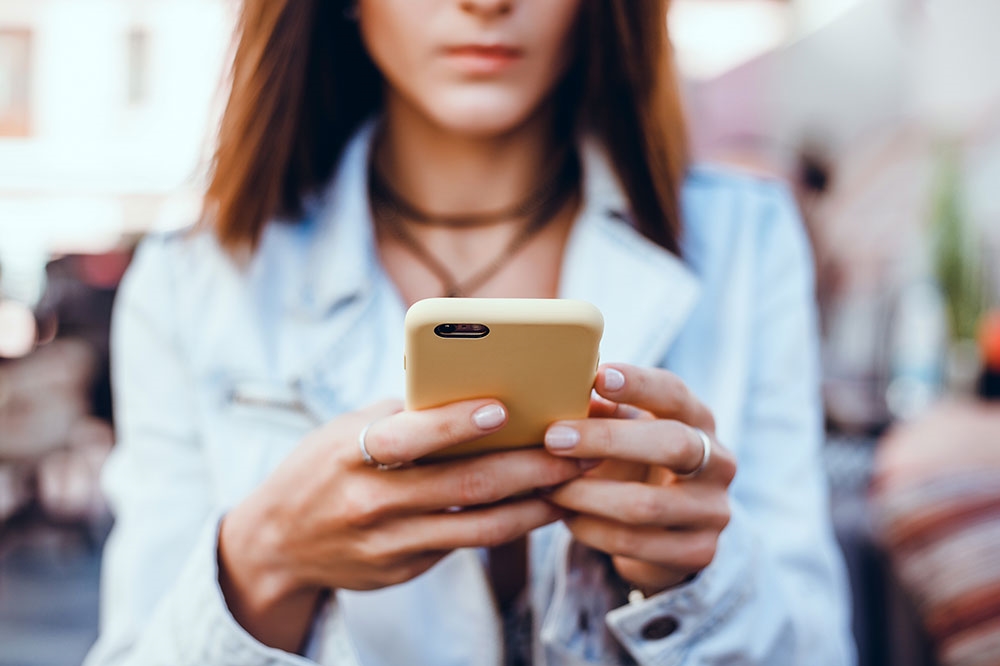Is Jailbreaking an iPhone Illegal? What About Rooting an Android Device?

The tech landscape was made a little more complicated when lawmakers passed the Digital Millennium Copyright Act (DMCA). Initially, it became illegal to unlock a cellphone, share a Netflix account or do anything that might be considered an attack on copyright and copyrighted material. One question we get asked a lot here on TechJunkie is whether jailbreaking is illegal or whether it is any more legal to root an Android.
Here is what we know. Just be aware that I’m not a lawyer, I’m a tech geek. So don’t take this as professional legal advice, just what I have been able to ascertain. Also be aware that these exemptions have a limited life and that laws change all the time.
The Digital Millennium Copyright Act
The Digital Millennium Copyright Act makes it illegal to ‘circumvent digital locks that control access to copyrighted works like movies, music, books, games, and software.’ That is quite the broad brush that has been leveraged to its maximum potential by copyright holders and any company that could make a buck out of doing it. That includes cell providers.
Fortunately, a little common sense is permitted to prevail. The Library of Congress has the power to grant exceptions to laws and does so regularly. One such exception includes jailbreaking phones. You can read the full exception here if you really want to.
While this exemption is in place you can freely jailbreak your iPhone, root your Android, add third-party firmware to your smart TV and generally tinker with your tech. The downside is that exemptions have a life of 36 months before having to be renewed.
The exemptions also include autonomous cars but not tablets, laptops, desktops, eBook readers, handheld consoles or gaming consoles. Apparently modifying those devices is too closely linked to software piracy.

Is jailbreaking an iPhone illegal?
So let’s get down to it. Is jailbreaking an iPhone illegal? The short answer is no. Apple does not support it, condone it or warranty your device against it. But it is not illegal.
However, some of the things you might do while using a jailbroken phone are illegal. For example, using a device that allows free access to paid apps, paid services or something that otherwise circumvents paywalls or allows access to paid services.

Is rooting an Android illegal?
The same can be said for rooting an Android phone. It is currently not illegal in the U.S. to root it. In fact, Google have allowed owners to root their Nexus devices for years. However, rooting an Android tablet seems still to be illegal, so be aware. So technically, you could root a Nexus tablet as Google explicitly permits it but not a tablet from a manufacturer who does not permit it. With some manufacturers allowing it and others not, it is a bit of a minefield.
The difference between jailbreaking and rooting
Aside from jailbreaking being for Apple and rooting for Android, are there any differences? Technically yes there is. iOS is proprietary software created and licensed by Apple so the legalities are different than with Android which is open source.
The process itself is very similar. Both use a third party tool to circumvent manufacturer or carrier restrictions and give you complete administration access over your device.
Jailbreaking offers Apple owners very detailed access to modify apps and programs on their device. Many jailbreak apps are higher quality than root ones because the ecosystem is more closed and used to a higher standard of code. That isn’t to say there won’t be poor examples of apps, just that there is a much higher chance of getting good ones.
Rooting on the other hand allows deep access to every aspect of the operating system. You can change pretty much anything you like as there are fewer obstacles to coding when everyone has access to the OS itself. However, as with the app store itself, the quality of the code and tools available varies greatly.
The downside to jailbreaking and rooting
Before you start downloading your jailbreaking or rooting tools, you should know about the downside of the practice. No manufacturer warranties a jailbroken or rooted phone. There is also no security protection once you have done it. One of the strengths of iOS is the security within it. You lose that protection once you jailbreak it. The same goes for Android. All the security that has been gradually added is removed once you root.
So while jailbreaking and rooting is technically legal, in the U.S. at least, it isn’t always a great idea. What you do with that information is entirely up to you!

















One thought on “Is Jailbreaking an iPhone Illegal? What About Rooting an Android Device?”